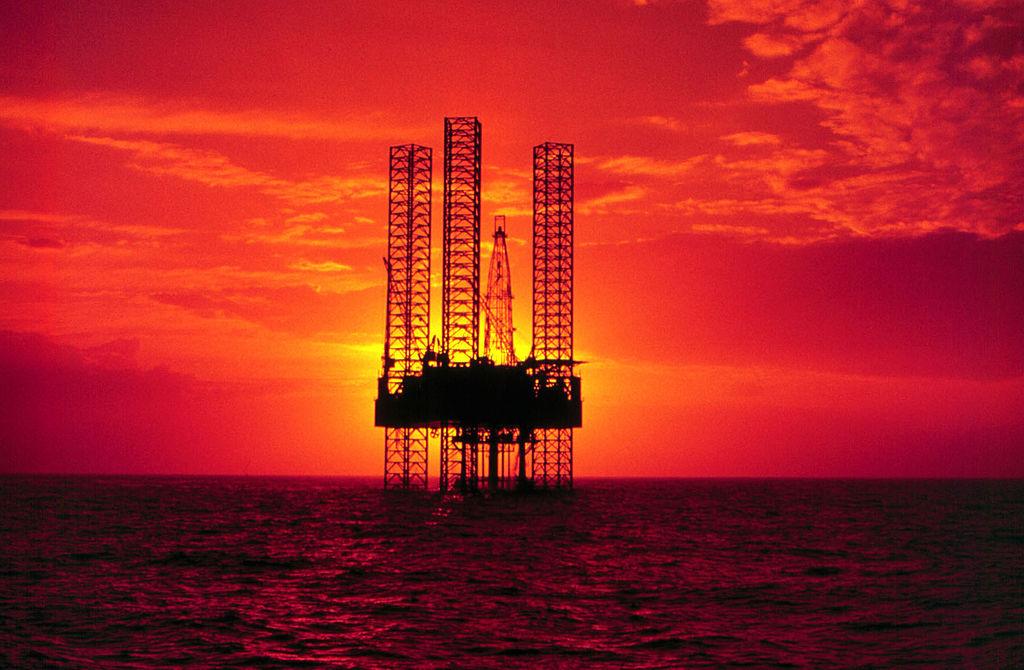Domestic producers in the United States welcomed President Joe Biden’s March 8 order banning Russian oil and gas imports, but say his muddled energy policies will prolong consumers’ pain at the pump and inhibit efforts to restore U.S. energy independence.
“This crisis should be a wake-up call that we need [a] strategic American energy policy that treats oil and natural gas as an asset and not a liability,” Texas Oil and Gas Association (TXOGA) president Todd Staples said in an emailed statement to The Epoch Times.





